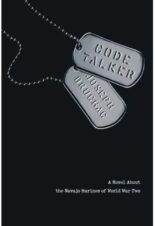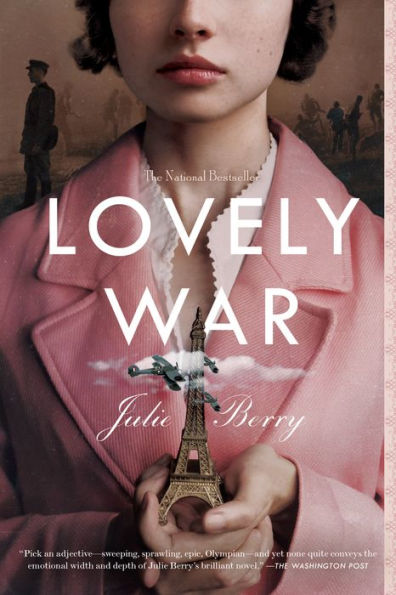
Buy This Book
“Let them start their dreadful wars, let destruction rain down, and let plague sweep through, but I will still be here, doing my work, holding humankind together with love like this,” Aphrodite. Lovely War
Lovely War
by Julie Berry
AR Test, Diverse Characters, Strong Female
14+
Score
4.7
480
In a hotel room in Manhattan in the midst of World War II, the Greek gods Aphrodite and Ares are caught in an affair by Aphrodite’s husband, Hephaestus. Hoping to understand Love’s attraction to War, Hephaestus puts Aphrodite on trial. Her defense is to tell the tale of one of her greatest successes, the intersecting love stories of Hazel Windicott and James Alderidge, and of Aubrey Edwards and Colette Fournier. Aphrodite’s witnesses are Ares (god of war), Apollo (god of music), and Hades (god of death). Each contributes their own different, but overlapping, perspectives to the proceedings.
The story begins as piano player Hazel and soldier James meet at a parish dance and fall into instant, dizzying love, only to be separated three days later when James is sent to the front. Desperate to distract herself from anxiety about her soldier’s well-being, Hazel joins the YMCA where she meets Colette, a singer who lost her whole family in an attack on her home in Belgium. There, they happen upon ragtime musician Aubrey, a Black soldier who desires to make a name for himself on stage and on the battlefield. Aubrey and Colette bond over their music and realize their affections go beyond an appreciation for each other’s talents.
While the story addresses dark and violent subject matter due to its historical period, the frame narrative allows for light moments as well. The banter among the gods, and their respective belief that their part of the story is the most memorable, allows the mood to lift as needed. The darker moments hold meaning within the larger narrative and the smallest joys are heralded as gifts from the gods.
The human characters hold their own amongst their immortal narrators. Each character is likable and humorous in his/her own way. Over the course of the war, Hazel emerges from her meek demeanor, learning to stand for what she sees is right, while not losing her innocence and goodness of heart. James is goofy and sincere, making his experience in combat all the more tragic, as he must reconcile that what he does on the battlefield does not have to mean a loss of himself. Colette is strong-willed and a fierce defender of her friends, though internally she fears that anyone she loves is destined to die. She opens up, however, to the charming dreamer Aubrey. Aubrey’s experiences with racial violence show that the enemy to their happiness is not only the German soldiers they encounter on the battlefield but also those who perpetrate violence and discrimination against black Americans within their own neighborhoods and war camps.
Teenage readers who enjoy romance, Greek mythology, and historical fiction may enjoy this book. It is recommended that readers proceed carefully, as the book does address racism and racial violence as well as the terrors and destruction of war. Despite the hate and violence which surround them, the couples find their way back to love amidst it all. Their fragility as mortals in wartime allows for precious love to shine, as even the impermeable gods come to admire. After Aphrodite reminds Hephaestus that the mortals die, he responds, “They do. But the lucky ones live first. . . The luckiest ones spend time with you.”
Sexual Content
- Two characters are briefly described as having an affair. “In an instant they are in each other’s arms. Shoes are kicked off, hats tossed aside. Jacket buttons are shown no mercy.” Their kisses are “like a clash of battle and a delicious melding of flesh, rolled together and set on fire.”
- Athena and Artemis are called, “Those prissy little virgins.”
- Some of the gods make brief jokes about paying attention to women’s bodies.
- Hazel’s attraction to James sparks “a series of little explosions” which “began firing throughout her brain and spread quickly elsewhere.”
- Stéphane admires Colette’s spine and thinks that “he could run his fingers along her back.” He does not act on his thought.
- Colette is attracted to Aubrey’s musical talent, saying, “It was sexy. And so was its athletic high priest at the piano bench.”
- During an attack on Aubrey, a racist soldier implies that Aubrey is after white women. Aubrey retorts asking if the man has “ever been with a black girl.” When the soldier laughs, Aubrey “had no illusions about her being a willing participant.”
- Joey assumes an encounter between Aubrey and Colette was sexual in nature. He asks Aubrey, “Did you . . .?” Aubrey informs him, “It’s not like that,” and then scolds him for presuming that Colette is a “hooker.”
- Aubrey hides so as not to be seen by a supervisor and realizes “he was free to ogle Colette from the shoulders down just at that moment, and he took advantage of it.”
- Colette tries to understand Hazel’s fear about meeting up with James. Colette assumes that Hazel’s fear might be due to the possibility of one of them “taking advantage” of the other. Hazel admits that “if anyone found out, there’d be such a scandal.” She explains, “When I’m around James, I do the most outrageous things.”
- Colette recognizes that being “alone in the dark” could lead to “dozens of ways a young man could try to take advantage of this situation,” although nothing comes of it.
- A couple says goodbye, and “the brief kiss she gave him at the door was filled with neither passion nor desire, but sweetness, affection, gratitude.”
- Hazel removes her stockings at the beach, and it is said, “The sight of her bare feet was just about enough to give poor James a stroke there on the spot.”
- Hazel is pushed into James’ arms and, “The feel of her body pressed against his went through him like an electric shock.” They hold each other for a moment, spinning in circles.
Violence
- There are multiple instances of racial violence perpetrated against Aubrey and his bandmates. There are also third-party historical sources referenced. Words such as “darkie,” “coon,” “negroes,” and “colored” are frequently used by other characters to address these men. At one point a southern soldier states, “An ape’s an ape.” Other racist comments permeate the experience of the black soldiers at home and abroad.
- The black soldiers face fears of waking to a “lynch mob.”
- The narrator describes an instance of police brutality. “A white police officer had entered a black woman’s home without a warrant, searching for a suspect. When she protested, he beat and arrested her, dragging her from her home though she wasn’t fully dressed. When a black soldier saw this and tried to intervene to defend the woman, the white policeman pistol-whipped the black soldier, seriously injuring him.” She then briefly mentions the “shooting that followed” which killed many people.
- When addressing the possibility of looking at white women, Aubrey states, “No pretty face is worth swinging from a tree.”
- The “Rape of Belgium” is described in detail over five pages. The narrator notes that German soldiers “pulled men from workplaces and homes and hiding places and executed them in the streets. Women, children, and babies were executed too. As old as eighty-eight. As young as three weeks.” Later, Aphrodite goes on to reference “the stories of women raped, children crucified, nailed to doors, of old men executed. . .”
- The story frequently finds itself in the midst of trench combat. There are descriptions of the training process, of learning how to kill another man with minimal remorse, and of soldiers often encountering death and the bodies of those lost in battle. The men learn about the effects of gas attacks and how “those poor buggers in the first gas attacks drowned in their own blood.” At one point the trenches are described as “slick with blood.”
- James imagines his own brother ending up the way his fellow soldiers have. “He saw Bobby’s burnt and blood-soaked body lying in the mud at the bottom of a trench.”
- The soldiers travel “past live horses and dead horses and trucks and motorcycles.”
- Multiple racially motivated murders take place in the camps. Two men are “strangled” and the discovery of one body is described over 6 pages. Aubrey and Lieutenant Europe come to the realization that “that was blood on the snow. His head. His face. His bloated, blackened face.” They assume the killers “beat his face in with their rifles.” They note, “You almost wouldn’t know it’s him” and they “gently [close] his gaping lower lip to hide the horribly broken jaw.”
- Aubrey is held at gunpoint by a racist soldier who says, “We ain’t gonna let you Negroes get a taste for white women.” Aubrey took the man’s gun and “pressed the cold muzzle of the revolver against his victim’s temple.” Then, Aubrey warns his attacker not to mess with the Black soldiers again.
- The narrator cynically describes how little detail is provided in the notifications of soldiers’ deaths, explaining, “They never said, ‘hung for hours on a barbed wire fence with his bowels hanging out, pleading for rescue, but nobody dared go for fear of hostile fire.’”
- James partakes in trench warfare. He is a sniper and frequently must shoot German soldiers. After he shoots a man, “a red throat pours blood down a gray uniform.” James actively tries to not think about what he is doing in order to protect his friends.
- A flamethrower is used in combat. The soldiers try to distinguish the fire, and the narrator notes that “the smell of flesh on fire reminds James of food, of cooking meat.” Ares goes on to narrate that “Chad Browning has stopped his screaming. His clothing is half melted away, half fused to his skin.”
- Hazel is sexually assaulted by a prisoner of war. The attack is thwarted quickly but not before, “He licked her lips and teeth with his foul tongue, then forced it inside her mouth.”
- Multiple explosions occur throughout the text. For example, after one explosion “the smoke lifted, and James scrubbed the grit from his eyes, Frank Mason wasn’t there anymore. Just a fire, a helmet, a torn pair of boots, and a little charred prayer book.” It is later implied that there would not be a body to bury.
- Later, another explosion occurs. “The engine and the first two cars were annihilated. The cars beyond buckled and crashed into one another. Soldiers and war workers were thrown all about the cars. Shards of glass from shattered windows flew like shrapnel. Colette emerged unscathed, for Hazel had thrown her body over her friend’s.” James must treat Hazel’s injuries. Hades goes through the necessary course of action to “apply pressure to the bleeding and summon a medic. Clear airflow, release tight clothing.”
- Hazel receives a blood transfusion. She notes the “tubes of red blood dangled from jars mounted to a metal frame and ran, Hazel realized, into a needle injected into her arm.”
Drugs and Alcohol
- A character jokes about how the soldiers of the 369th “were knocked on their backs by the routine daily allotment of wine for French soldiers.”
- While under treatment for shell shock, James is given sedatives.
Language
- The narrator quotes real news articles about the 369th infantry; these include racist comments and one censored use of the n-word.
- Offensive terms for opposing soldiers are often used. These include “Jerry,” “Russkies,” “Fritz,” and “Boche.” They refer at one point to Kaiser Wilhelm as “Wee Willie Winkie.”
- Audrey calls the racist behavior of another soldier “shit” twice.
- A trainer tells soldiers that in the event of a gas attack, “‘If you’ve lost your mask, you still stay calm. If all else fails, piss on a hankie and breathe through that.’” He warns that they will “break out in damnable sores everywhere” and that they “hurt like hell.”
- Joey calls Aubrey a “jackass.”
- Men are called “bastards” twice.
- Aubrey calls his own behavior “damnably stupid.”
- There is one use of the oath “Chrisssake.”
- Emile regrets not being injured sooner, saying, “But non, you stayed away, leaving me healthy and sound, so the Germans could piss on me with their shells and bullets year after year…”
- Aphrodite calls her husband a “blooming ass.”
Supernatural
- Spirits occasionally observe their loved ones from the afterlife. At one point, James feels Frank’s presence and begins speaking to him. James wonders if he is going mad.
Spiritual Content
- The story is told from the rotating perspectives of four Greek gods. Their influence and powers are often employed as catalysts for plot developments.
- Hades comes dressed as a Catholic priest, as that is how he presents himself to humans.
- Many of the human characters are Christian and are described praying, visiting churches, and lighting votive candles. They also reference Christian stories and practices.
- After losing everyone she loves to the war, Colette struggles with her faith. She believes herself to be a “plaything to a vindictive god.” She calls god “it” and explains that “a loving god would never allow this. And if there was no god at all, surely chance would occasionally favor me, non?”
- After standing up to an authority figure, the narrator says that Hazel “wasn’t a Catholic, but at the rate she was going, she probably needed a priest to take her confession. Before she was struck by lightning and cast down to hell.”
by Jennaly Nolan
14+ 480 4.7 4 worms AR hs (World War I)
Diverse Characters, Strong Female Character
“Let them start their dreadful wars, let destruction rain down, and let plague sweep through, but I will still be here, doing my work, holding humankind together with love like this,” Aphrodite. Lovely War
Latest Reviews
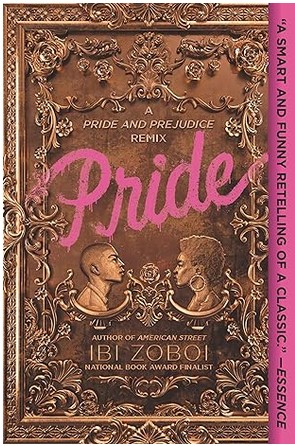
Pride: A Pride & Prejudice Remix
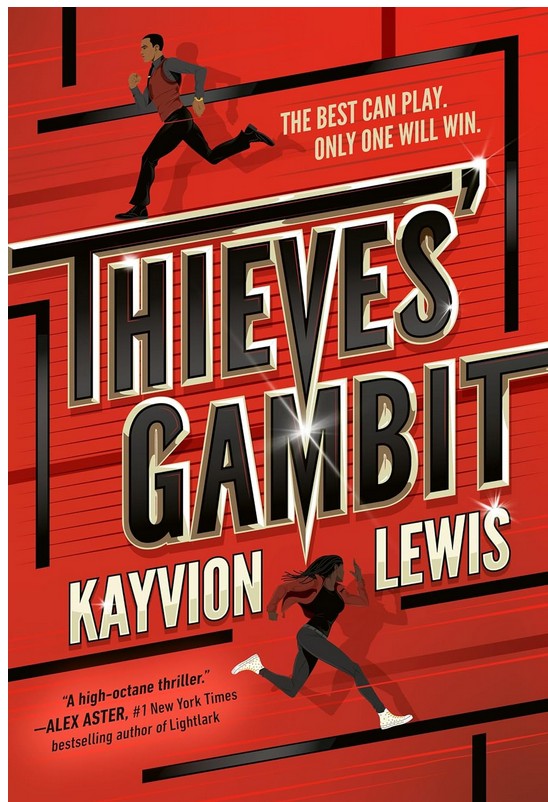
Thieves’ Gambit #1
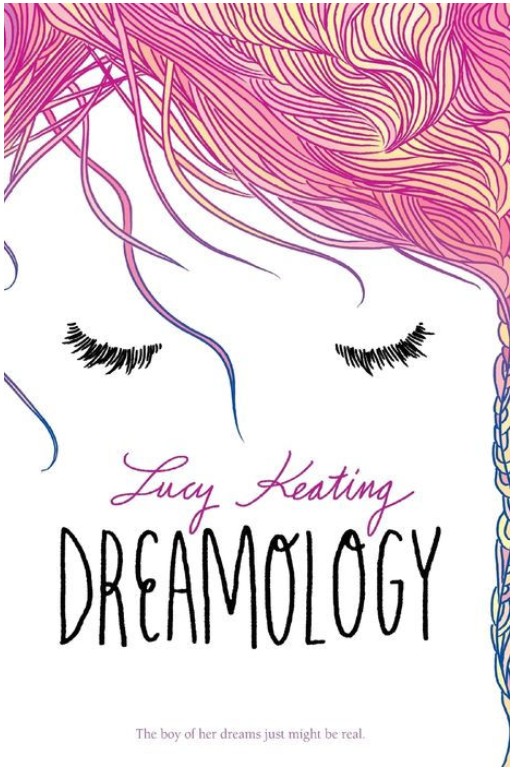
Dreamology
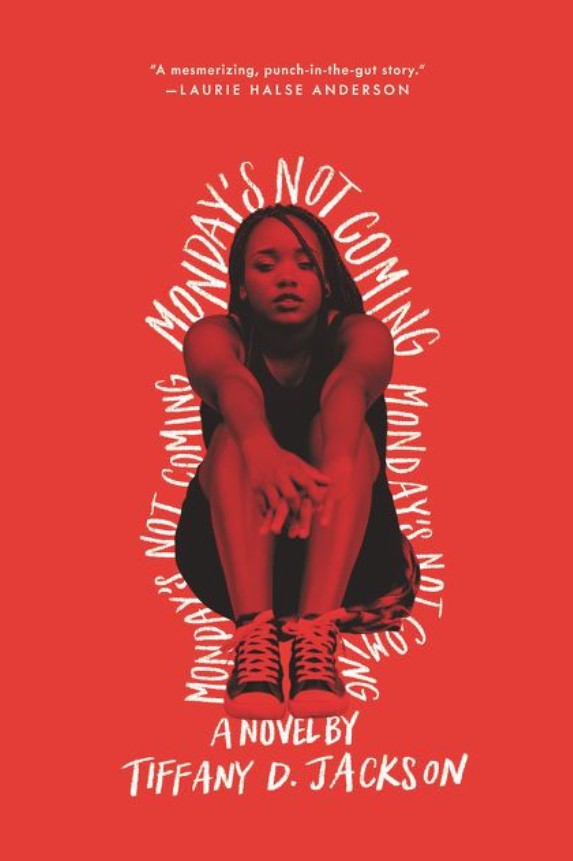
Monday’s Not Coming
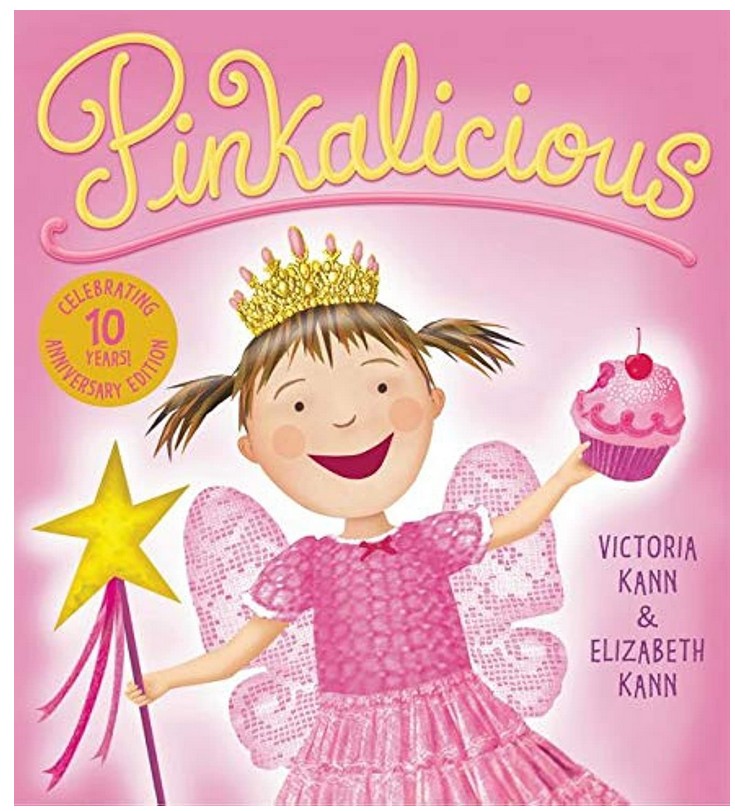
Pinkalicious

Driven

Goodbye Days

Blood of Troy

Will’s Race for Home

